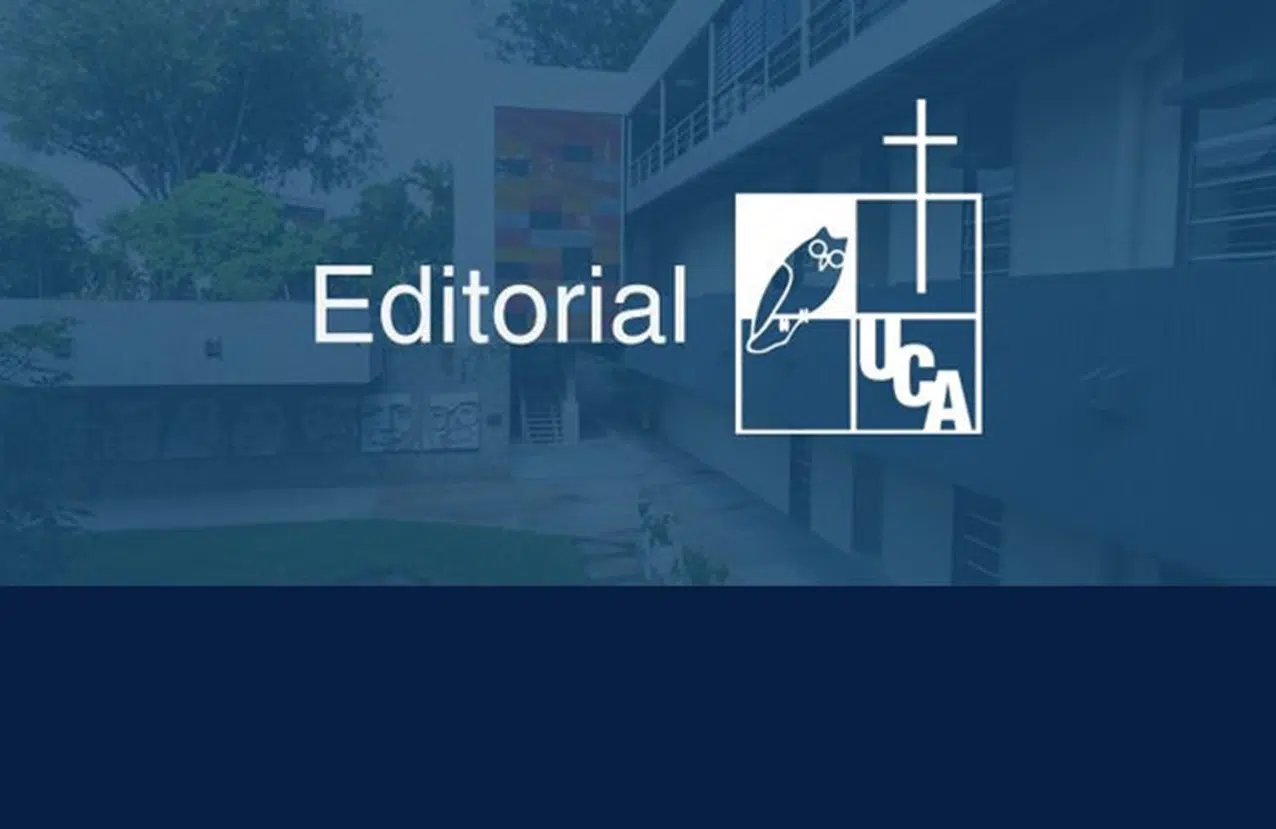All Salvadoran governments have resorted to lying, but that does not mean they have only lied. Some more, some less, they have done something, but not enough to bring El Salvador to equitable development. People endured it for a while. The ARENA party lied many times, and people voted for them for 20 years. The FMLN raised hopes; ultimately, they failed to keep their promises. To cover up, they also lied, and the citizens tolerated it for ten years. Bukele criticized the lies of the FMLN and ARENA as a candidate, thus gaining popular support. Lies are tiring. Although people may believe them at some point, the reality is usually more substantial and ultimately prevails. One cannot promise development while letting inequality grow or poverty remain unchanged. As a philosopher from the last century said in another context, the problem with lying governments is that they never find a substitute for the truth. Brute force or propaganda may defeat the truth for a while, but they can never replace it.
With informational opacity becoming the norm and denial of access to information turned into a virtue, Bukele’s government fully embraces the tradition of presenting actions as good, which at the very least, can be called ambiguous: they favor some and harm many. Moreover, some officials in the current administration shamelessly lie and claim things that do not even have a semblance of reality for the future. It is true that some sectors only see the negative aspects of the current government, and it can undertake unprecedented actions that please many people. However, insisting on lies and denigrating anyone criticizing government activity is not wise in the long run. Neither time nor truth forgives. And the leap from liking to rejection is usual when lies are discovered. Denying evident facts leads to mistrust. As it increases, so do the problems.
The problem with the current government is not that it exaggerates its successes; many other administrations worldwide have done or are doing so. It is different from nullifying control mechanisms, denying citizens access to data they should have access to, effectively preventing any audit, and replacing information with propaganda. If the judicial system is forced to obey and imitate the executive branch’s actions, the situation looks even worse. Judges’ compliance with the presidential directives means prioritizing political propaganda over truth and justice. Propaganda, skillful use of social media, gifts, and promises can maintain credibility for some time. But when social injustice mixes with lies, the pressure becomes too much. Engaging in dialogue and listening to criticism to correct mistakes is always the most sensible approach. Using and defending unfair means for ends only causes, in addition to confusion, the growth of various forms of political corruption.
YSUCA: https://noticias.uca.edu.sv/editoriales/el-recurso-a-la-mentira
El recurso a la mentira
Todos los Gobiernos salvadoreños han recurrido a la mentira, aunque eso no quiere decir que solo se hayan dedicado a mentir. Unos más, otros menos, algo hicieron, aunque no lo suficiente para llevar a El Salvador a un desarrollo equitativo. La gente aguantó durante un tiempo. El partido Arena mintió en muy diversas ocasiones y la gente lo votó durante 20 años. El FMLN despertó esperanzas; al final, no logró cumplir sus promesas. Para disimular, mentía también, y la ciudadanía lo toleró 10 años. Cuando era candidato, Bukele criticaba las mentiras del FMLN y Arena, y así se granjeó el apoyo popular. Las mentiras cansan. Por mucho que en algún momento la gente se las crea, la realidad suele ser más fuerte y termina imponiéndose. No se puede prometer desarrollo y dejar que crezca la desigualdad o que la situación de pobreza permanezca prácticamente inalterada. Como decía en otro contexto una filósofa del siglo pasado, el problema de los Gobiernos que mienten es que nunca encuentran un sustituto para la verdad. La fuerza bruta o la propaganda pueden vencer durante un tiempo a la verdad, pero nunca sustituirla.
Con la opacidad informativa convertida en norma y la negativa de acceso a la información transformada en virtud, el Gobierno de Bukele entra de lleno en la tradición de presentar como buenas acciones que lo menos que puede decirse de ellas es que son ambiguas: favorecen a algunos y dañan a muchos. Además, no faltan los funcionarios de la actual administración que se lanzan a mentir sin pudor y que afirman cosas que ni siquiera tienen visos de realidad de cara al futuro. Es cierto que hay sectores que solo ven lo negativo del actual Gobierno y que este tiene la habilidad de emprender acciones inéditas que agradan a muchas personas. Sin embargo, insistir en la mentira y denigrar a cualquiera que critica la actividad gubernamental no es acertado en el largo plazo. Ni el tiempo, ni la verdad perdonan. Y el salto del gusto al rechazo es lo usual cuando se descubre la mentira. Negar hechos evidentes conduce a la desconfianza. Cuando esta aumenta, también lo hacen los problemas.
El pero del Gobierno actual no es que exagera sus éxitos; muchas otras administraciones en el mundo lo han hecho o lo están haciendo. Distinto es anular los mecanismos de control, negar el acceso a datos a los que el ciudadano debe tener acceso, impedir en la práctica cualquier tipo de auditoría y sustituir la información con propaganda. Si el sistema judicial se ve forzado a obedecer e imitar en los modos de acción al Ejecutivo, el panorama pinta aún peor. La docilidad de los jueces a las consignas de la presidencia de la República implica priorizar la propaganda política por sobre la verdad y la justicia. La propaganda, la utilización hábil de las redes sociales, los regalos y las promesa pueden mantener la credibilidad durante algún tiempo. Pero cuando la injusticia social se mezcla con la mentira la presión es demasiada. Dialogar y escuchar las críticas para corregir errores es siempre lo más sensato. Usar y defender medios injustos para finalidades justas solo provoca, además de confusión, el crecimiento de formas muy diversas de corrupción política.
YSUCA: https://noticias.uca.edu.sv/editoriales/el-recurso-a-la-mentira

